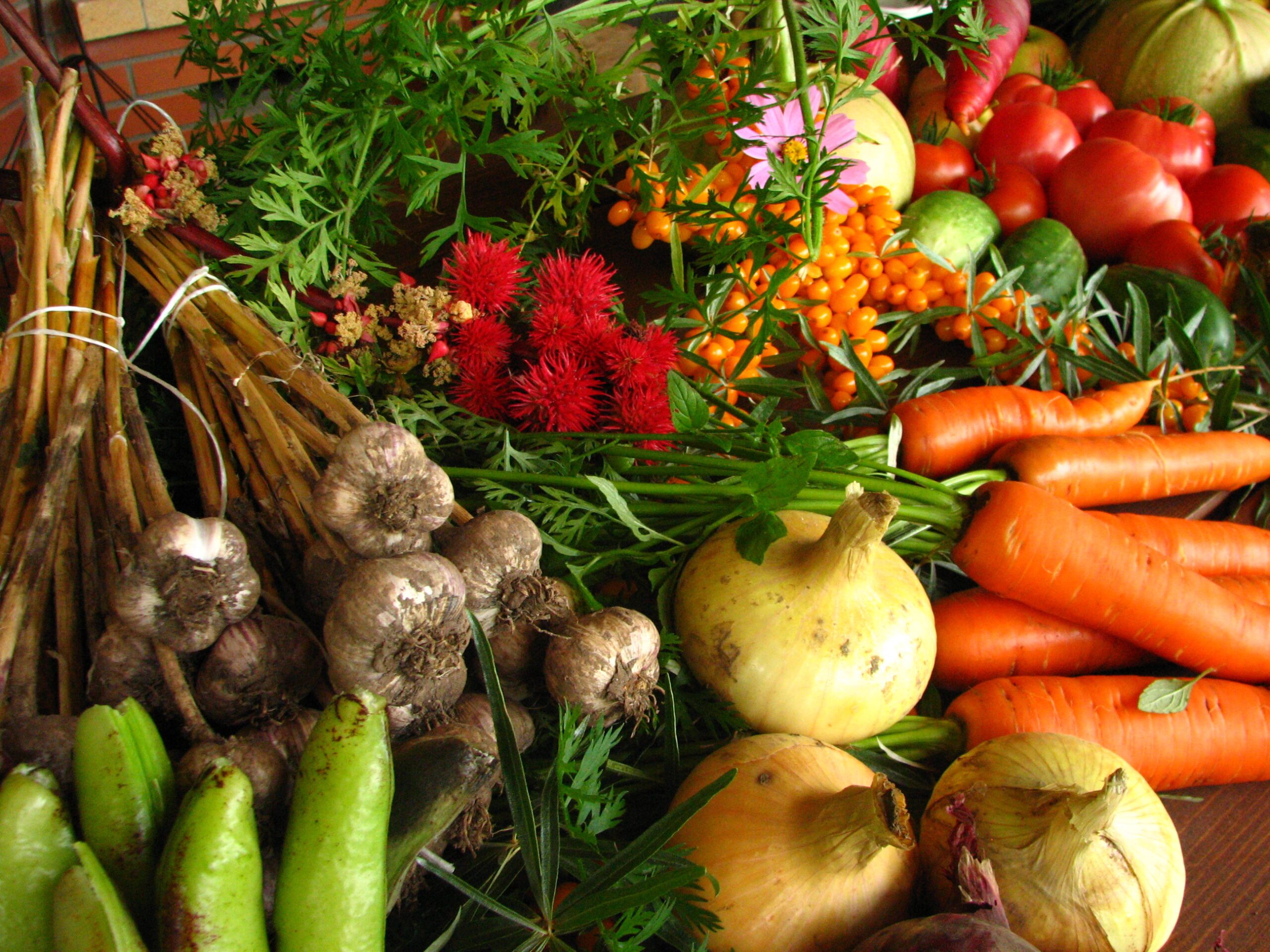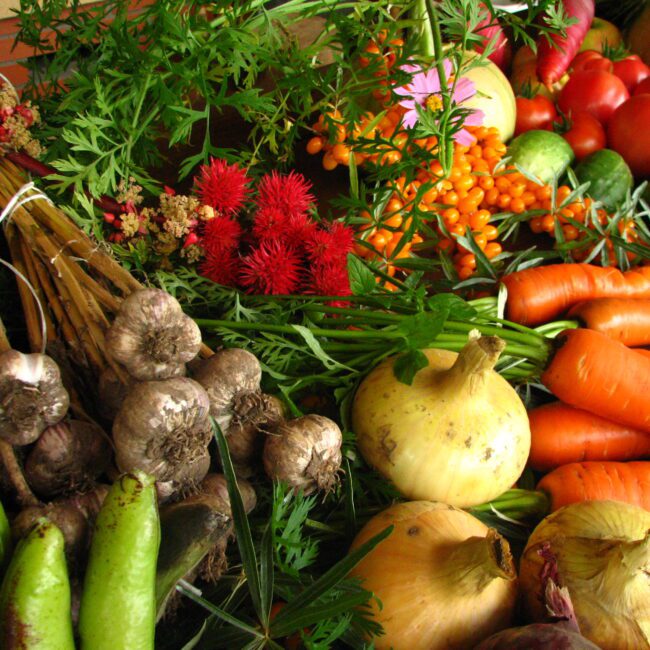The Rise of Organic Farming in Wales


Organic farming has gained substantial traction in Wales as a sustainable agricultural practice that promotes environmental stewardship and delivers wholesome, chemical-free produce. With its fertile landscapes and deep-rooted agricultural heritage, Wales provides a fertile ground for the growth of organic farming. In this blog post, we will explore the principles and benefits of organic farming in Wales, highlighting key initiatives, success stories, and the positive impact on local ecosystems, community health, and the economy. Join us as we delve into the world of organic farming and its transformative potential in Wales.
Organic farming is an agricultural system that emphasises the use of natural processes and materials while minimising synthetic inputs. It focuses on soil health, biodiversity, and animal welfare, promoting sustainable practices that nurture the land and protect the environment. Organic farmers in Wales work in harmony with nature, employing techniques such as crop rotation, composting, and biological pest control to cultivate nutrient-rich, chemical-free produce.
Farming in Wales prioritises soil health as the foundation for sustainable agriculture. By avoiding the use of synthetic fertilisers and pesticides, organic farmers maintain soil fertility through natural processes such as composting, cover cropping, and crop rotation. These practices enhance soil structure, increase water-holding capacity, and promote beneficial soil microorganisms, leading to healthier plants and reduced environmental impact. Additionally, organic farms provide havens for biodiversity, supporting wildlife habitats and preserving the delicate balance of ecosystems.
This farming practice in Wales plays a vital role in preserving the natural environment. By eliminating the use of synthetic pesticides and fertilisers, organic farmers minimise chemical runoff, protect water sources, and prevent soil erosion. Moreover, organic practices prioritise the conservation of resources by utilising efficient irrigation methods, embracing renewable energy sources, and reducing greenhouse gas emissions. These efforts contribute to mitigating climate change and promoting a more sustainable future.
The movement in Wales extends its positive impact to local communities. By producing chemical-free food, organic farmers provide consumers with a healthier and more nutritious alternative. Additionally, organic farming practices prioritise animal welfare, ensuring that livestock are raised in ethical and humane conditions. This commitment to community health and well-being not only promotes sustainable agriculture but also fosters a stronger connection between people and the food they consume.
Organic farming contributes to the economic vitality of rural communities in Wales. By embracing organic practices, farmers can access premium markets and cater to the growing demand for organic produce. This stimulates local economies, creates employment opportunities, and fosters a sense of pride and identity within rural communities. Organic farms often collaborate with local businesses, farmers’ markets, and community-supported agriculture (CSA) programs, further strengthening the local food system.
Organic farming is revolutionising agriculture in Wales, ushering in a new era of sustainability and ecological responsibility. By prioritising soil health, biodiversity, environmental preservation, community well-being, and supporting the local economy, organic farmers are sowing the seeds for a brighter and healthier future. Embracing organic practices not only benefits our land and ecosystems but also nourishes our bodies and fosters stronger connections within our communities